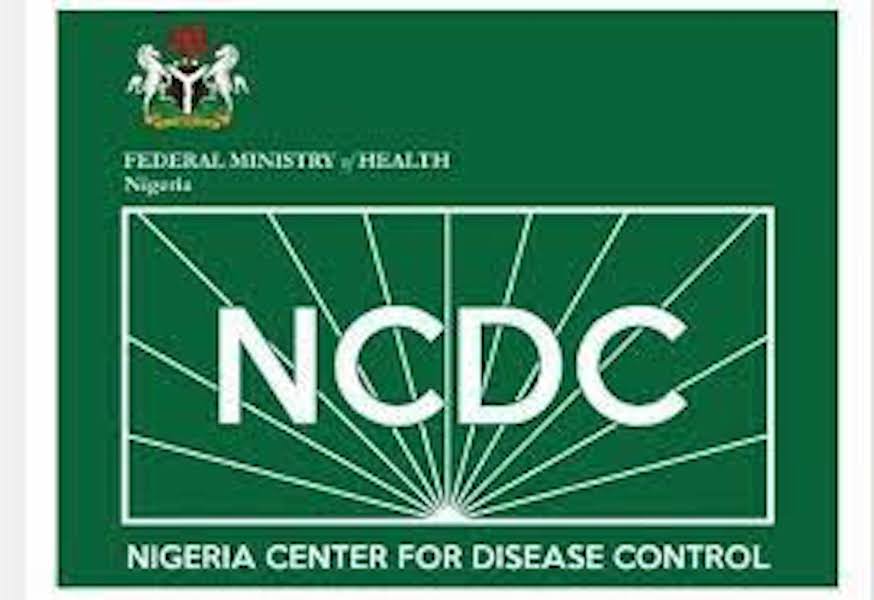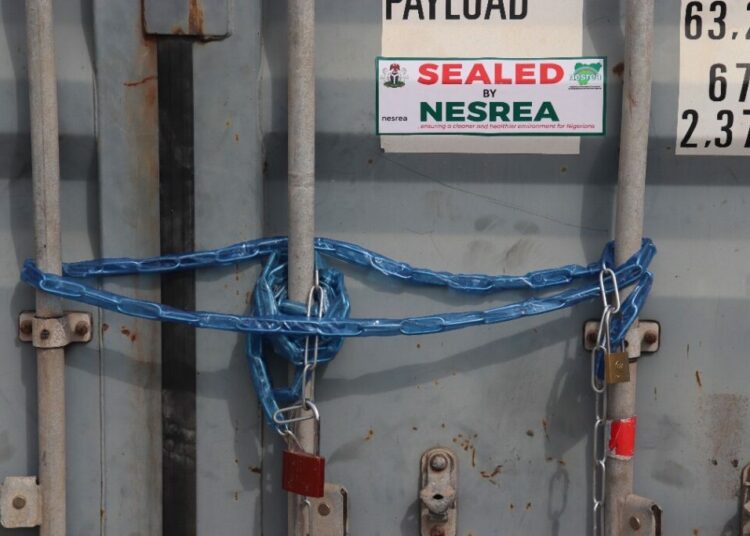Nigeria Issues Cholera Warning as Rainy Season Approaches
Nigeria’s Centre for Disease Control and Prevention (NCDC) has issued a public health alert, warning of a potential surge in cholera cases during the upcoming rainy season.
The agency’s concern stems from the confluence of endemic cholera, predicted flooding, and limited access to clean water and sanitation in many communities.
Director General of the NCDC, Dr. Jide Idris, announced the alert at a press briefing in Abuja. He highlighted that cholera, a highly contagious bacterial infection, remains a persistent problem in Nigeria, particularly affecting areas lacking adequate sanitation and clean water sources.
The impending rainy season, coupled with a severe flood forecast, significantly elevates the risk.
The federal government’s 2025 Annual Flood Outlook has flagged 30 states and the Federal Capital Territory (FCT) as high-risk flood zones. Over 1,200 communities in 176 Local Government Areas (LGAs) are categorized as high-risk, with an additional 2,187 communities in 293 LGAs facing a moderate flood risk.
This widespread flooding significantly increases the likelihood of cholera outbreaks due to contaminated water sources.
To mitigate the potential crisis, the NCDC has prioritized 134 high-risk LGAs for multisectoral intervention, including the potential deployment of Rapid Response Teams.
A community-based forecasting approach aims to enhance preparedness and enable swift responses in vulnerable regions. The proactive sharing of localized flood risk data is intended to foster coordinated action at federal, state, and community levels, thus facilitating timely interventions to prevent waterborne disease outbreaks.
Dr. Idris presented alarming statistics: As of epidemiological week 16 (ending April 20, 2025), 1,307 suspected cholera cases had been reported across 30 states and 98 LGAs, resulting in 34 deaths. This translates to a case fatality rate (CFR) of 2.6%, significantly exceeding the NCDC’s target of less than 1%.
The NCDC’s proactive alert underscores the urgent need for improved sanitation, access to clean water, and enhanced public health interventions to prevent a large-scale cholera epidemic during Nigeria’s rainy season.
The agency’s focus on community-based preparedness and rapid response is crucial in mitigating the potential devastating impact of this preventable disease.




